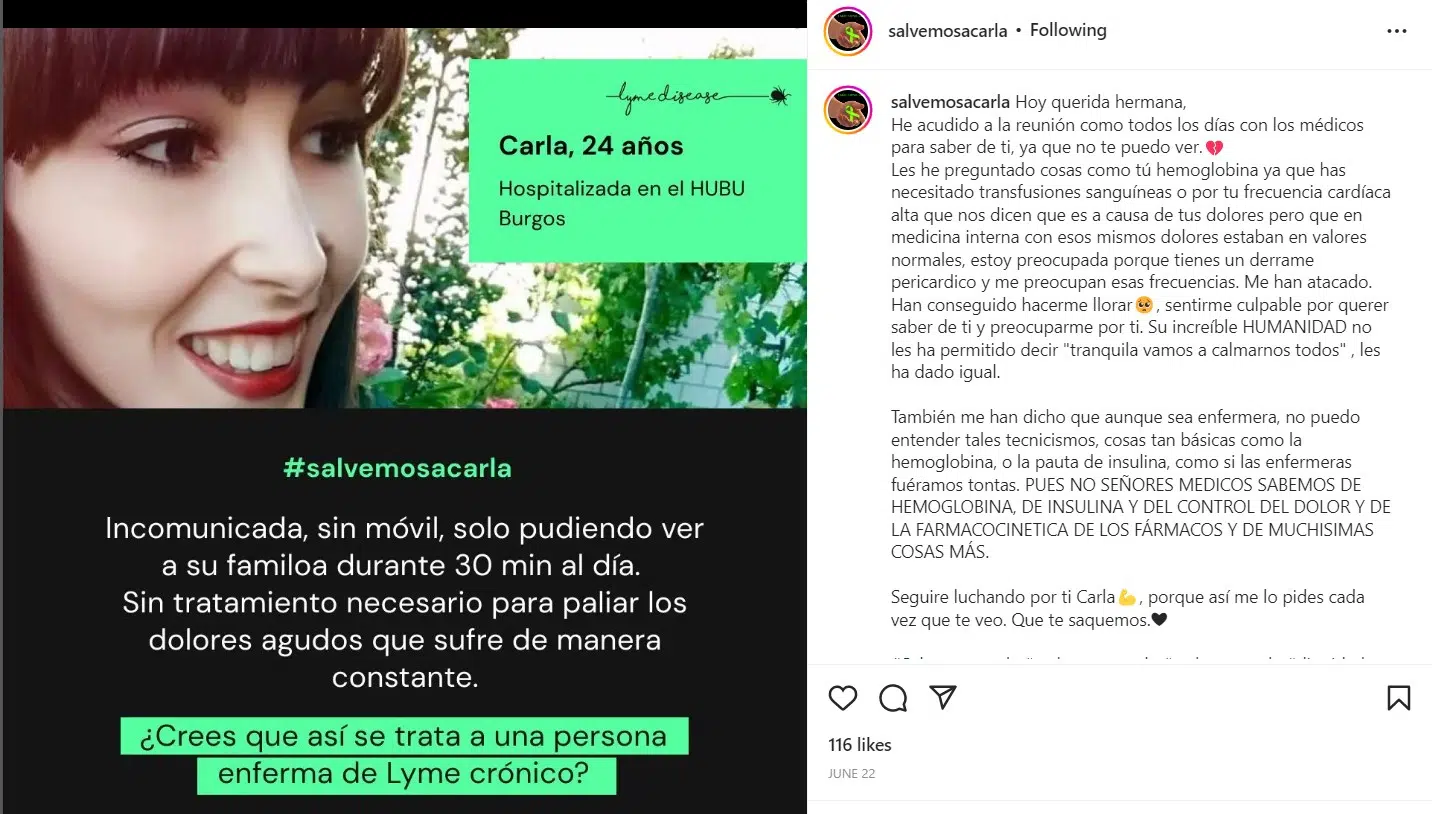We hope to establish examples of best practices to promote FoRB, said Daniel Holtgen
Message from Daniel Holtgen as Council of Europe’s Spokesperson and Special Representative on antisemitic, anti-Muslim and other forms of religious intolerance and hate crimes, when attending on 5th July 2022, to the International Ministerial on Freedom of Religion or Belief hosted by the Foreign and Commonwealth and Development Office of the United Kingdom.
Daniel Holtgen said in a Twitter post:
“Delighted to attend Freedom of Religion or Belief #FoRBMinisterial in London and to represent the Council of Europe. Excellent initiative of @UK_FoRBEnvoy Fiona Bruce. Wishing you and all participants a successful conference.”
Watch the full video below
Full message (original transcript by The European Times):
Excellences, ladies and gentlemen. Good morning.
The Council of Europe was founded in the aftermath of the Holocaust as the first European organization to promote democracy, the rule of law and human rights.
Freedom of religion or belief and the prohibition of discrimination are protected by the European Convention on Human Rights, signed by all of our 46 member states, and some have spoken today.
The fight against discrimination, including on grounds of religion or belief, is a key objective of the Council of Europe today. No one should be targeted for what they believe or do not believe.
In response to rising anti-Semitism and other forms of anti-religious discrimination, our Secretary-General, Marija Pejčinović Buric, decided to promote the council work the Council of Europe’s work in these areas with a special representative on anti-Semitic, anti-Muslim and other forms of religious intolerance, which does include human rights violations against Christians too.
I was appointed to this position at the end of 2020. Last year, our discrimination anti-discrimination body ECRI put forward a recommendation on preventing and combating antisemitism. And among other things, we urge governments to punish anti-Semitic crimes online, just as crimes offline.
This year, the Council of Europe’s Committee of Ministers, so the 46 member states, adopted a recommendation to governments on passing on remembrance of the Holocaust and preventing crimes against humanity.
It represents the most detailed and up-to-date guidance on how to ensure remembrance through history, teaching, education, music, art, civic education, and public policy at a time when there are fewer and fewer survivors to bear direct witness.
We see Holocaust remembrance as an essential contribution to the fight against antisemitism. As regards anti-Muslim racism, ECRI has now issued a recommendation on preventing and combating anti-Muslim racism, and I think it’s the most comprehensive international guidance on the issue since the report of the UN special rapporteur, Ahmed Shaheed, who is a good colleague and we have worked well with him.
The recommendation includes the finding of a survey by my office on the nature and dimension of anti-Muslim abuse on the Internet. The results indicate that online hate speech against Muslims in Europe is increasing rapidly and is criminally relevant because it includes incitement to violence and death threats.
Ensuring freedom of religious practice is a growing challenge as new restrictions regarding Jewish and Muslim religious slaughter are being introduced in different parts of Europe today. We believe UK legislation and practice can be a positive example in our efforts to find urgently needed solutions.
And in the next months, we also intend to examine the contribution that interfaith groups and dialogue and cross-community groups can make to prevent hate speech and promote tolerance, especially among young people. By comparing promising initiatives in our Member States, we hope to establish examples of best practices which can help to promote freedom of religion or belief in our increasingly diverse societies.











